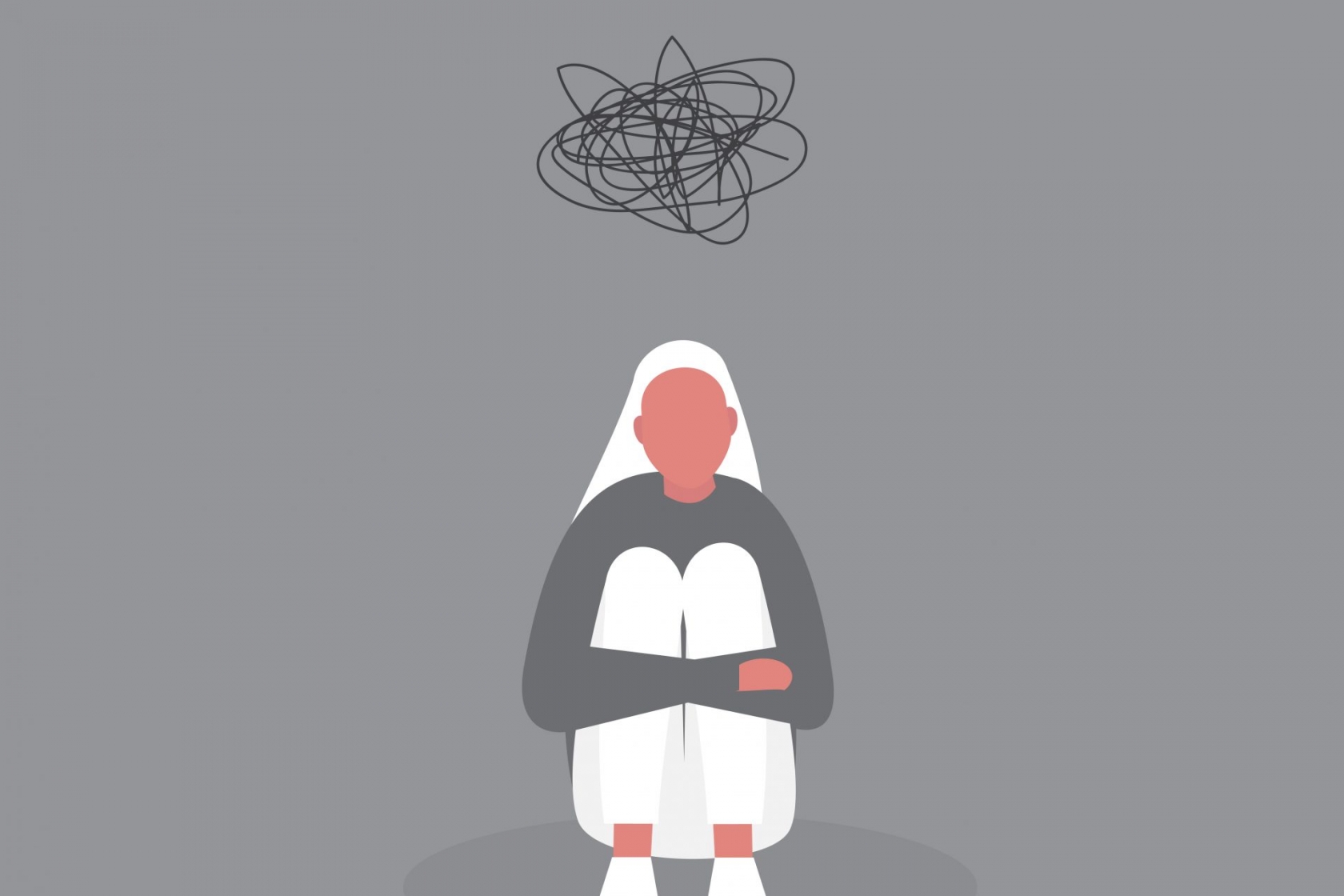Not sure how best to support a friend or family member who is going through redundancy? These tips from a psychologist are a great place to start.
The coronavirus pandemic has presented us with more challenges than just the virus itself.
The economic impact of the lockdown restrictions used to curb the spread of coronavirus has been huge. Even though the furlough scheme has gone some of the way to preventing thousands of people from losing their jobs, many businesses have still found themselves unable to cope, resulting in widespread redundancies across the country (the figure was 242,501 at the last count, as per The Guardian).
Losing your job is incredibly difficult at the best of times but facing unemployment during a global pandemic can be even more challenging. On top of the fact that redundancy in itself can take its toll on someone’s mental health, the added pressures of financial worries and the stress of searching for a new job in an overpopulated market can make things even more overwhelming.
Often it feels as though you can’t find the words in these situations
With all of this in mind, if a friend or loved one has been made redundant or is facing redundancy, it can be difficult to know where to start when it comes to supporting them. But there are things you can do to help.
“As unemployment within the UK soars to its highest level in over three years, it’s important to be able to be there for and support those who are close to you who may be struggling to come to terms with losing their job, suffering from anxiety regarding potential job losses, or are feeling the stresses of unemployment,” explains Niels Eék, psychologist and co-founder of the mental health and self-development platform Remente.
You may also like
How to look after your mental health if you’ve been made redundant
“Often it feels as though you can’t find the words in these situations, and we may all be guilty of avoiding the subject.”
So how can we help and support someone dealing with redundancy, especially during the pandemic? We asked Eék to share some of the ways we can help.
1. Listen

It may sound obvious, but taking the time to ask how your friend or family member is feeling and listening to their response can help them to process their emotions and feel supported in the long run.
“Sometimes the first step to helping a friend deal with an upset is as simple as asking the question and actually listening,” Eék explains. “For many people, thoughts can become so crowded and tangled that they don’t know how to deal with their emotions, thoughts or feelings, especially when feeling anxious.
“Simply listening can help them to organise their thoughts, make their goal clearer and help them to feel calmer.”
Sometimes the first step to helping a friend is asking the question and actually listening
By providing that space to help your loved one process their thoughts and feelings, you’ll also be providing them with an opportunity to think about the future and where they’re headed.
“It can be these conversations that start the process of moving forward, whether it be looking to a new career, or beginning an application process, which can in itself seem daunting,” Eék adds.
2. Be patient
Whether you’re supporting a friend or family member, it’s important to take the time to understand where they’re coming from and be patient if they’re being irrational or acting in a way which doesn’t make sense to you.
“Stress and anxiety can often cause loved ones to jump to erratic and negative decisions, but don’t let this be the reason to not help them,” Eék says.
You may also like
Empathise, encourage, and never take it personally: how to support a friend with an anxiety disorder
By avoiding unnecessary confrontation and dealing with any feelings of frustration or irritation you’re experiencing in private, you can help your friend or family member to move forward when they’re ready.
“Find the time to calmly talk through the situation and find a workable solution that makes sense to them, feels achievable, and that you can help them reach,” Eék suggests.
3. Don’t trivialise

No matter what your loved one is concerned about, it’s important to show them you’re there to lend an ear and provide them with unconditional support. Although it might seem helpful, telling them they don’t have anything to worry about can actually make things worse.
“While you shouldn’t confirm someone’s anxieties, it is never a good idea to tell an anxious person to ‘just get over it’ or ‘stop worrying’,” Eék says. “ The impact of losing a job can be far-reaching, and cause a number of concerns. Many will be worried about their source of income, others might worry about fitting in at a new organisation, or adapting to a new way of working.”
It’s never a good idea to tell an anxious person to ‘just get over it’ or ‘stop worrying’
He continues: “Just like when you feel sad and want people to sympathise, the same happens to people when they are feeling anxious.
“Listening and lending a supportive ear can often be all that is needed to help someone come to terms with their new circumstances and help them to feel more positive about their next steps.”
4. Take care of yourself
Spending a lot of time with someone who is experiencing high levels of stress and anxiety can take its toll on your mental health, too. In this way, taking care of yourself is important if you want to continue providing support.
“When you start feeling overwhelmed or stressed, make sure to take some me-time and do something you enjoy,” Eék recommends.
“It is always better to take a step back if you feel yourself becoming overwhelmed, as being stressed around an anxious person can just make them more worried as a result, setting off an unhealthy chain.”
If you, or someone you know, is struggling with their mental health, you can find support and resources on the mental health charity Mind’s website and NHS Every Mind Matters or access the NHS’ list of mental health helplines and organisations here.
For confidential support, you can also call the Samaritans in the UK on 116 123 or email [email protected].
If working during the pandemic is taking its toll on your mental health, you’re not alone. From the isolation of being separated from colleagues and the stress of relying on technology to the threat of redundancy and the anxiety of applying for a new job, there are a number of reasons why you might find this time particularly challenging.
So, what can we do about it? We’ve got a plan.
Our new Work It Out campaign, supported by Mind, aims to give you the tools and resources you need to take care of your mental health while you’re stuck at home. From completing your Work 5 A Day to dealing with issues including anxiety, loneliness and stress, we’ll be exploring all aspects of wellbeing during this strange time.
For more information, including how to complete your Work 5 A Day, you can check out our guide to getting started.
Images: Getty
Source: Read Full Article
